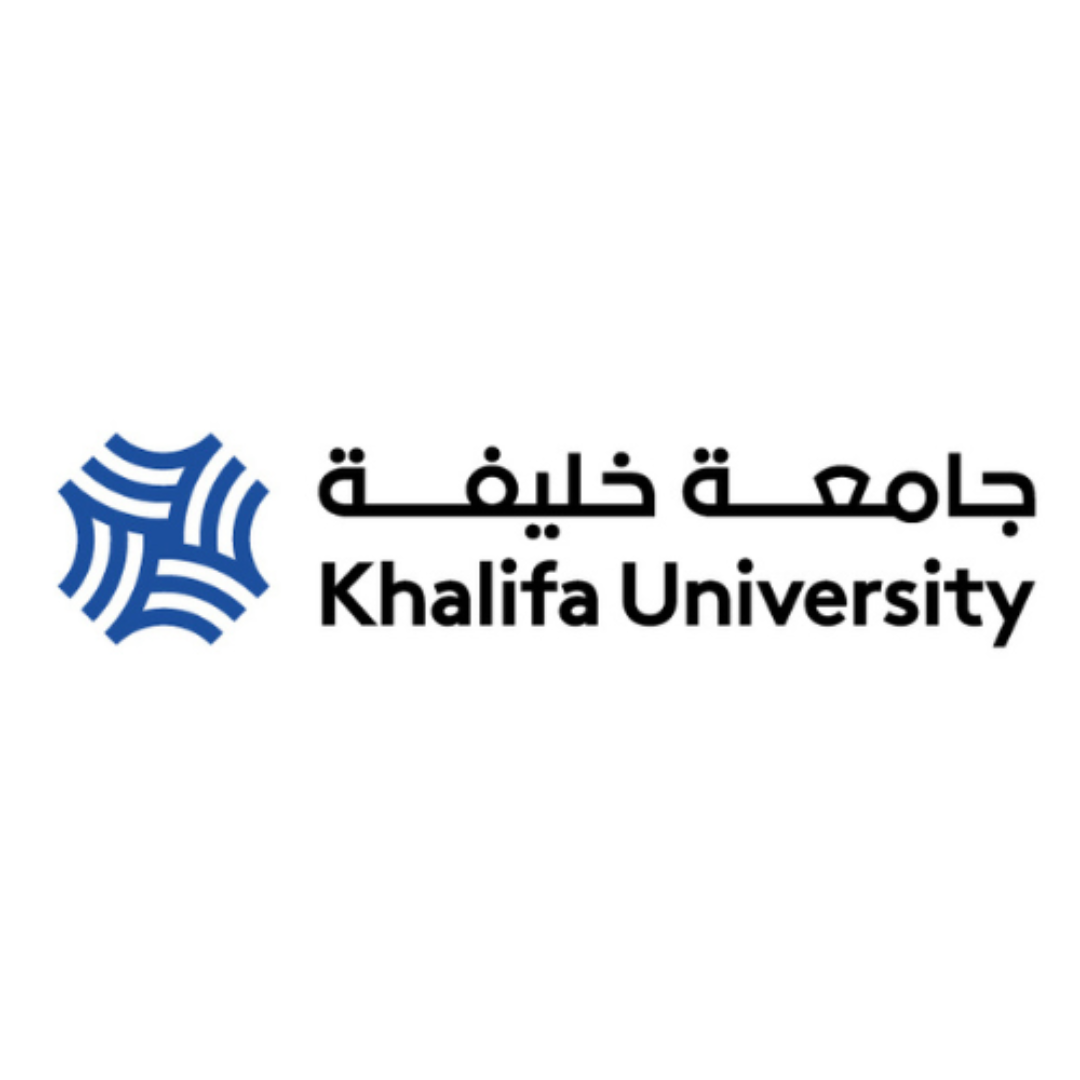Our teaching in the first two aims to give a balanced treatment of all the main branches of the subject. In the third and fourth we develop a selection of topics in more depth, and offer options which enable students to tailor their programmes to suit their own aptitudes and interests.
Study abroad
It is always possible to augment your studies and broaden your horizons by learning a new language and prepare for the best international opportunities. You can find out more on learning a language and studying abroad through on our study abroad at UWS webpage.
Science @ UWS
Science courses at UWS have been developed in collaboration with industrial, professional and educational partners. Underpinned by research that is internationally leading, our degrees enable students to make a real-world impact.
Our modern labs and workshops are fitted with state-of-the-art equipment, allowing for research in physics, forensic science, analytical chemistry and biotechnology. Students also have access to work-based learning opportunities with industry partners including GlaxoSmithKline.
Our students graduate ready for a successful career or further study in their chosen scientific field.
Year 1
During year 1 you will cover general aspects of chemistry including organic, inorganic and physical chemistry along with two other science subjects. Laboratory sessions develop practical and communication skills.
You will study a range of core and option modules, the core modules include the following: Structure of Chemistry, Chemistry and Reactions, and Scientific Investigation.
The option modules can be chosen from areas such as Forensic Science, Mathematics, Physics, Computing.
Year 2
You will be required to take five core chemistry modules, designed to extend your knowledge of the traditional subject areas of inorganic, organic, physical, and analytical chemistry, in addition to introducing aspects of applied chemistry, spectroscopy and theoretical chemistry. Each of the modules contain both practical and coursework components allowing students to develop, practice and demonstrate a wide range of professional skills.
The core modules include the following: Physical Chemistry, Organic Chemistry, Chemical Laboratory Techniques, Inorganic Chemistry, Chemical Analysis and Evaluation.
The option module can be chosen from areas such as Forensic Science, Mathematics, Physics, and Computing.
Year 3
You will study chemistry modules that provide a foundation for the remaining honours year, as well as dealing with applied chemistry issues, the modules you will study include the following: Inorganic Chemistry, Analytical Chemistry, Physical Chemistry, Organic Chemistry, Designer Drugs, Safety, Health & Environmental Protection.
Sandwich Year (optional)
The Honours sandwich course offers a year’s paid work experience between 3 and 4 within an environment relevant to your specialism. Students have undertaken placement/work-based learning with organisation such as Ferring Pharmaceuticals, Doosan Babcock and Taytech Environmental Solutions.
Year 4
In the Honours you will study advanced topics in chemistry including aspects of synthetic methods, medicinal chemistry, colloids, catalysis, quantum mechanics, spectroscopy and main group, and transition metal chemistry. In your final year you will undertake a research project at the frontiers of the subject, this project forms a substantial part of your studies.
During the final year you will study the following modules: Research Project, Advanced Analytical Techniques, Organic Chemistry, Physical and Inorganic Chemistry 4.
Teaching and Assessment
You will be taught through a combination of lectures, tutorials, practical workshops and guided laboratory work.
There will also be group work, literature reports and research projects in order to ensure our degrees provide a strong set of additional skills, such as presentational and communicative skills.
Our Chemistry degrees use a variety of assessment methods. The below list provides a guide to the types of assessment methods you can expect:
Written examinations
Oral presentation
Written reports
Coursework
Academic posters
Learn a language (Optional)
This course also gives you the option of taking a language module, which can count towards your degree. These modules cover multiple languages and range from absolute beginner to near-native speaker level.
Course Structure
Find out more about the structure, learning outcomes, compulsory and optional modules in this course.
BSc (Hons) Chemistry Course Structure
Show less














